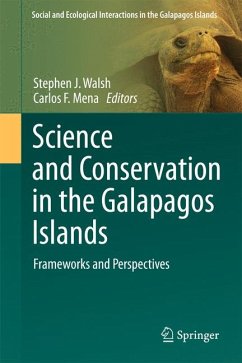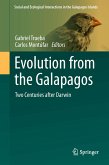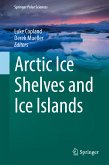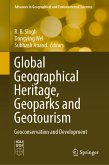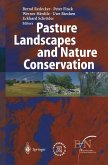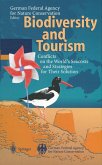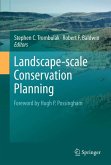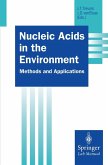In this volume, and the books to come as part of this Galapagos Series, we explore scientific approaches and conservation perspectives to address the challenges of social-ecological sustainability in island ecosystems, with a special emphasis on the social, terrestrial, and marine sub-systems of the Galapagos and their integrated and linked effects. In this initial volume, we include chapters from scientists, managers, and conservationists that explore contexts and explanations of historical, contemporary, and alternative futures for the Galapagos Islands to set the stage for more focused books in the Series on topics ranging from evolution, history of scientific engagement in the Galapagos, tourism and population migration, and marine ecology of the Galapagos Marine Reserve.
While this book launches the Galapagos Book Series, it also offers a broad and exploratory statement of threats to the Galapagos Islands, such as invasive species and the direct and indirect impacts of human migration, as motivation for subsequent studies and books to benefit science and society in the Galapagos Islands, also with the goal of creating a global template to examine other similarly challenged island ecosystems around the world.
Dieser Download kann aus rechtlichen Gründen nur mit Rechnungsadresse in A, B, BG, CY, CZ, D, DK, EW, E, FIN, F, GR, HR, H, IRL, I, LT, L, LR, M, NL, PL, P, R, S, SLO, SK ausgeliefert werden.
"This book, edited by Walsh (Univ. of North Carolina) and Mena (Universidad San Francisco de Quito, Ecuador), both associated with the Gal pagos Science Center, focuses on studies of the social and ecological sustainability of the islands. ... Although the book's purpose is foundational for future volumes in the series, it can easily stand alone as a valuable and needed overview of the complex human-environmental interactions in the Gal pagos. Summing Up: Recommended. Upper-division undergraduates through professionals." (R. L. Smith, Choice, Vol. 50 (11), August, 2013)

